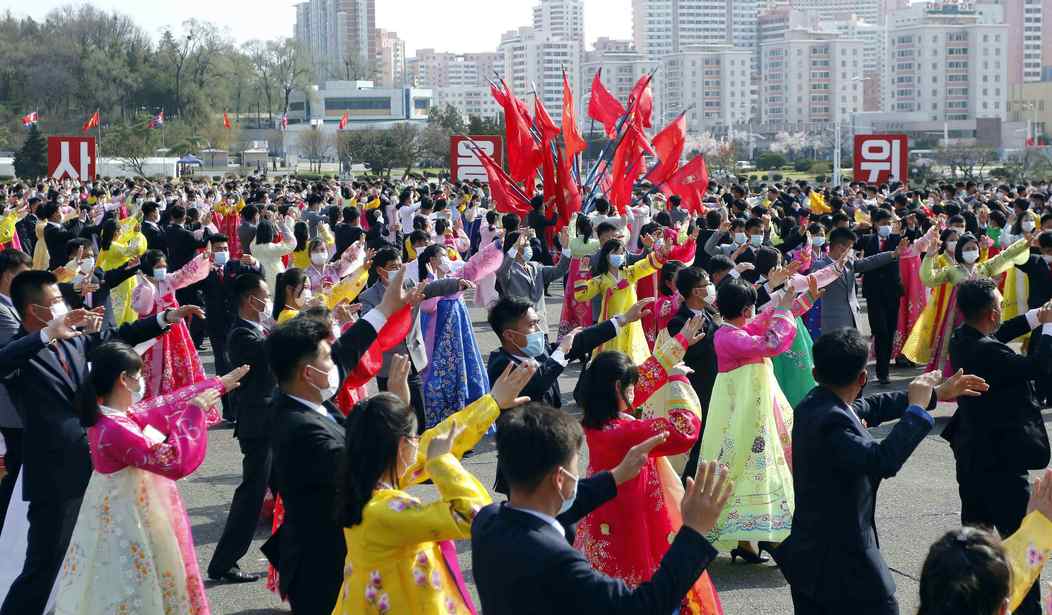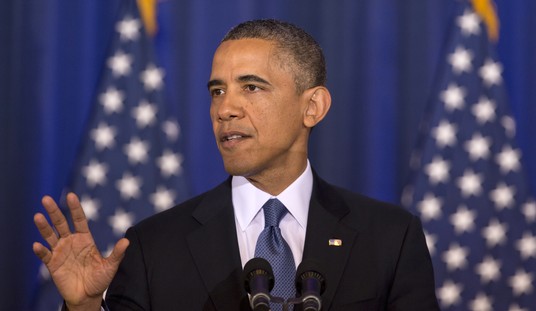U.N. High Commissioner for Human Rights Volker Türk said North Korea is growing more repressive amid reports of mass starvation. He claims that the famine may get as bad as the catastrophic starvation of the late 1990s that may have killed upwards of three million people.
This is the first report about North Korea’s human rights since 2017.
“According to our information, people are becoming increasingly desperate as informal markets and other coping mechanisms are dismantled, while their fear of state surveillance, arrest, interrogation and detention has increased,” Türk said, according to The Associated Press.
North Korea closed its borders in 2020 in a futile attempt to keep COVID-19 from entering the country. In so doing, they may have set the stage for the biggest humanitarian catastrophe of the 21st century.
Türk pointed to increased penalties for viewing “reactionary ideology” via Western news sources.
On the economic front, Türk said, the government has largely shut down markets and other private means of generating income and increasingly criminalized such activity.
“This sharply constrains people’s ability to provide for themselves and their families,” he said. “Given the limits of state-run economic institutions, many people appear to be facing extreme hunger as well as acute shortages of medication.”
Türk said many human rights violations stem directly from, or support, the militarization of the country.
In June, the BBC published an extensive report on conditions in North Korea, gaining unprecedented access to some North Korean citizens. What they discovered was a grim reminder that even in the 21st century, there are man-made famines that have the potential to kill millions.
The interviews reveal a “devastating tragedy is unfolding” in the country, said Sokeel Park from Liberty in North Korea (LiNK), which supports North Korean escapees.
One woman living in the capital Pyongyang told us she knew a family of three who had starved to death at home. “We knocked on their door to give them water, but nobody answered,” Ji Yeon said. When the authorities went inside, they found them dead, she said. Ji Yeon’s name has been changed to protect her, along with those of the others we interviewed.
A construction worker who lives near the Chinese border, whom we have called Chan Ho, told us food supplies were so low that five people in his village had already died from starvation.
“At first, I was afraid of dying from Covid, but then I began to worry about starving to death,” he said.
“For example, the widespread use of forced labor — including labor in political prison camps, forced use of schoolchildren to collect harvests, the requirement for families to undertake labor and provide a quota of goods to the government, and confiscation of wages from overseas workers — all support the military apparatus of the state and its ability to build weapons,” the U.N. high commissioner for human rights said.
China, a usually reliable supplier of foodstuffs for North Korea, is having its own economic problems and can’t send as much as it used to. The last time there was a fall-off in food imports from China, thousands of North Koreans tried to escape across the border. China doesn’t want these border-crossers any more than South Korea does. Unless something is done relatively quickly, the situation may repeat itself, and tensions along the border will shoot up.










Join the conversation as a VIP Member